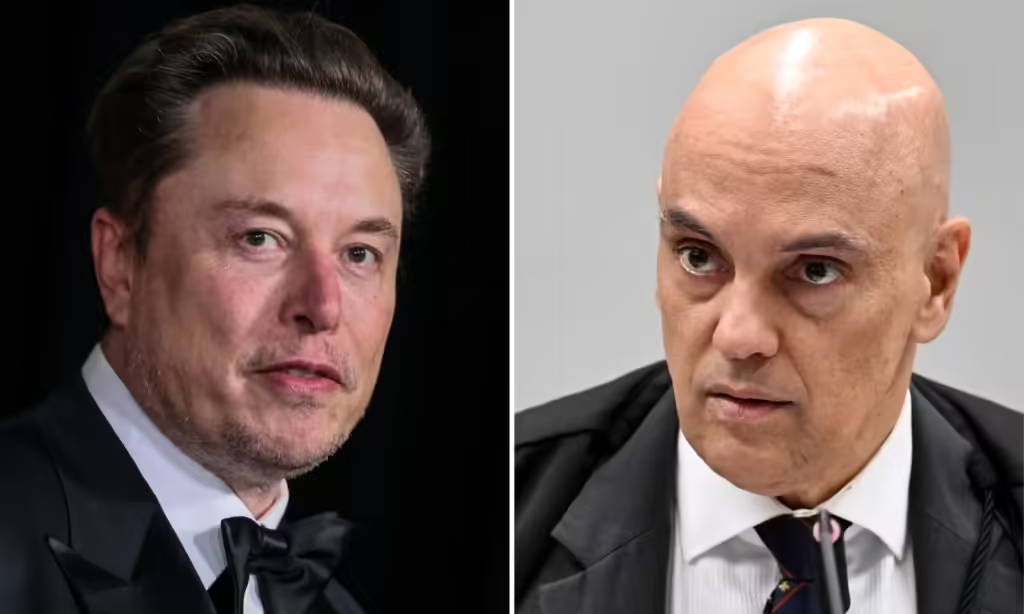Elon Musk’s social media platform, X (formerly known as Twitter), has been blocked in Brazil following a contentious legal standoff with the Brazilian Supreme Court. The conflict reached its peak when X refused to comply with Brazil’s legal requirement to appoint a local representative. This representative is essential for handling legal matters and ensuring the platform adheres to national regulations.

The Supreme Court, led by Justice Alexandre de Moraes, issued the order to suspend X’s operations after the platform failed to meet a 24-hour deadline to name a representative. De Moraes emphasized that the suspension would remain in place until X complied with the court’s directives. Additionally, the court imposed a daily fine of 50,000 reais (approximately $8,900) for any individuals or companies using virtual private networks (VPNs) to access the platform, further tightening the restrictions.
In response to the suspension, X’s CEO, Elon Musk, criticized the court’s decision, framing it as a violation of free speech and an overreach of governmental power. Musk’s stance has garnered support from Brazil’s far-right political factions, particularly those aligned with former President Jair Bolsonaro, whose followers have been among the most active on X.
This legal battle is part of a broader trend in Brazil, where the judiciary has previously taken steps to regulate social media platforms and enforce local laws. X’s closure of its offices in Brazil earlier this month was a direct reaction to these pressures, with Musk arguing that it was necessary to protect his staff from what he described as undemocratic actions by the Brazilian government.
The ban on X has prompted a significant migration of users to alternative platforms, with Bluesky reporting a surge of 500,000 new users within just a few days. Prominent Brazilian social media influencers, including Felipe Neto, have publicly endorsed the move to Bluesky, emphasizing the importance of adhering to local laws when operating in foreign countries.
This situation underscores the ongoing tension between global tech companies and national governments over issues of regulation, free speech, and the enforcement of local laws. The outcome of this standoff in Brazil could have far-reaching implications for how social media platforms operate in other regions with stringent regulatory environments.
tags: Elon Musk, X platform, Brazil, social media ban, Bluesky, Supreme Court, Brazil tech news, digital migration, censorship, free speech, legal battle, internet ban, social media regulation, Brazil law, online platforms, tech industry, Brazilian users, digital exodus, Bolsonaro, far-right, misinformation, content moderation, legal compliance, Brazil judiciary, VPNs, online censorship, Bluesky surge, social media shift, Brazilian influencers, tech policy, global tech, Brazil internet, Alexandre de Moraes, tech crackdown, platform shutdown, social media trends, legal standoff, tech news, Brazil politics, global digital rights, Elon Musk controversy, Brazilian regulation, tech giants, digital platforms, online freedom, user migration, government overreach, platform compliance.

